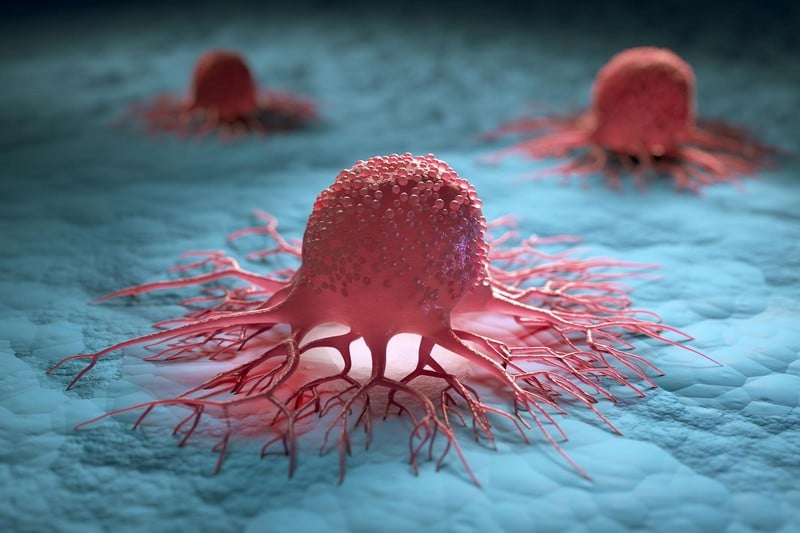Cancer

Cancer cells produce lactic acid, which leads to a decrease in pH levels, or metabolic acidosis. Lactic acid is a waste product produced when glucose is metabolized anaerobically. The body usually regulates the level of lactic acid by transporting it to the liver, which converts it into pyruvate. However, cancer cells cannot transport lactic acid effectively, leading to a buildup in the blood and a decrease in pH levels.
The severity of metabolic acidosis depends on the type and stage of cancer and the treatments being used. Metabolic acidosis can cause various symptoms, including shortness of breath, fatigue, loss of appetite, and confusion. Early diagnosis and treatment of metabolic acidosis are essential for reducing the risk of serious complications.
There are several treatment options available for metabolic acidosis caused by cancer. The most common treatment is chemotherapy, which reduces the number of cancer cells and prevents them from growing. Radiation therapy is another option that can be used to kill cancer cells. Surgery may also be an option if the tumor is small and localized. Individuals who are diagnosed with metabolic acidosis should follow a customized treatment plan to alleviate symptoms and restore optimal health.










